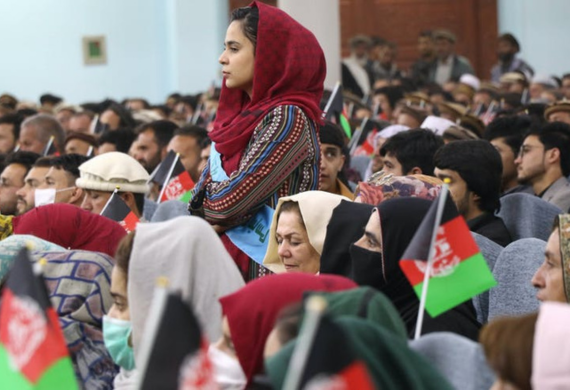
Talibans restrictions on women make the UN likely to depart Afghanistan
By: WE Staff | Wednesday, 19 April 2023
The UN has said that it is prepared to leave Afghanistan in May if it is unable to convince the Taliban to permit Afghan women to work for the agency, according to the head of the UN Development Program. The UN is negotiating with the Taliban to circumvent a decree prohibiting local women from working for the organisation.
According to UNDP Administrator Achin Steiner, it is acceptable to say that the current scenario necessitates the entire United Nations system to step back and reevaluate its competence to function there. Therefore, the focus should not be on discussing fundamental principles like human rights.
According to Nangarhar, Afghanistan-based Khaama News, the UN has raised "severe fears" after Afghan female UN staff employees were stopped from reporting to work in the country's eastern region.
The UN voiced grave concern about the fact that female Afghan national UN staff employees were prevented from reporting for duty in the province of Nangarhar. The UN told the Taliban that the life-saving supplies would be in danger without women because they make up the bulk of the staff at the international agency.
The UN tweeted, "We remind de facto authorities that United Nations agencies cannot operate and provide life-saving assistance without female staff," according to Khaama Press.
International organisations, especially the UN, have regularly expressed their concerns over women being excluded from the aid sector, stating that these organisations won't be able to reach poor women without female staff.
After taking control of Afghanistan in August 2021, the Taliban has put restrictions on women and girls, prohibiting them from receiving an education and finding work. The Taliban first forbade girls from continuing their education above the sixth grade; in December 2022, a proclamation forbade Afghan women from pursuing higher education and working for both domestic and foreign NGOs.
According to Khaama Press, national and international groups have voiced strong opposition to the oppressive restrictions on women, saying that they will impede the delivery of humanitarian relief to Afghanistan's most vulnerable citizens.


.jpg)



